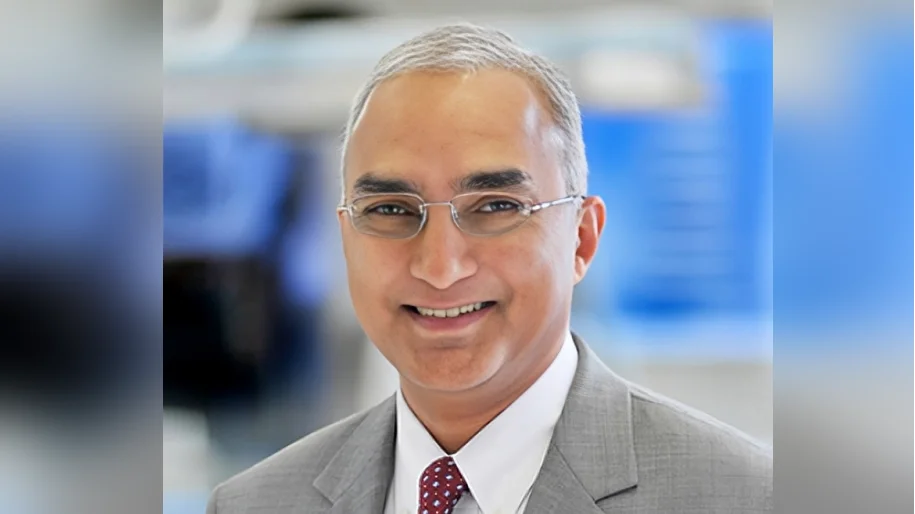
During the holiday season, discussions about politics often become unavoidable, especially in a climate marked by division and polarization. Dr. Asim Shah, professor and executive vice chair in the Menninger Department of Psychiatry and Behavioral Sciences at Baylor College of Medicine, offered advice on how to navigate these conversations calmly among family, friends, and colleagues.
“Look at the environment in which you are making a political statement,” said Shah. “Everyone should be careful about what they say – especially in the workplace.”
Shah noted that while boundaries may differ between work settings and personal relationships, it is important to listen and respect others during political conversations. In professional environments, he warned that words can be misinterpreted and potentially impact employment. He advised listening carefully to avoid escalating tensions.
When discussing politics with family or friends, Shah recommended hearing out opposing viewpoints without feeling compelled to argue or persuade others. He explained that trying to change someone’s beliefs is often ineffective and can make discussions more difficult.
“If we understand that we cannot change someone else’s views, the conversation will be easier. Give everyone space and listen to all sides,” he said.
If a discussion becomes tense or unproductive, Shah suggested using a three-to-five-minute rule: “If you feel the discussion is getting repeatedly heated in three to five minutes, stop and change the subject or go do something else, or else it will become a heated debate or fight. There is no need to risk your relationship.”
He also emphasized maintaining respect throughout any conversation by allowing everyone an opportunity to speak and encouraging calm exchanges rather than arguments.
For group discussions involving several people where debates intensify, Shah recommended mediation strategies such as acknowledging each viewpoint before pausing for reflection: “I hear your side, now let’s hear the other person’s side, then we can sleep on it.” Taking breaks allows participants time to cool down before resuming the conversation.
Before entering into political discussions, Shah cautioned against assuming one is always correct: “Anyone who starts the political discussion thinks they’re right, and that is the problem,” he said. “We often forget to respect each other, and we start challenging people without knowing the facts.”
He encouraged participants not to insult others during disagreements but instead repeat their points respectfully and indicate willingness to research further if needed. Fact-checking was also highlighted as important for keeping conversations constructive.
Shah concluded by noting that while political stress is not new during holidays or gatherings, listening respectfully remains key for avoiding hostility.